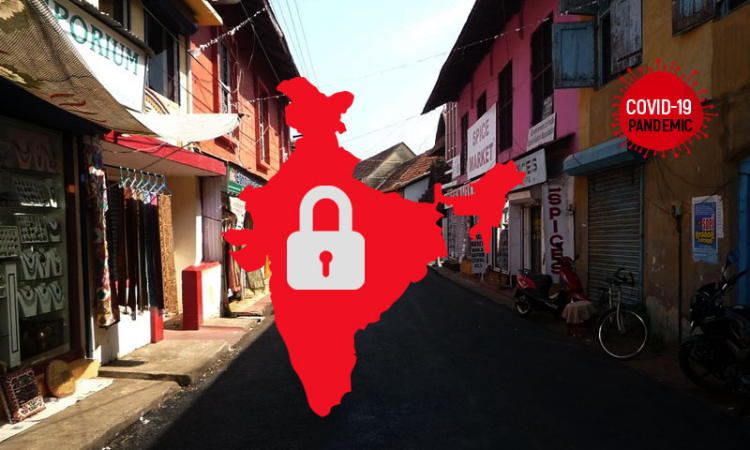Is 'Lockdown" Constitutionally Valid?", Gujarat HC Seeks Response Of Centre, State on PIL
Mehal Jain
2 Jun 2020 7:07 PM IST

Next Story
2 Jun 2020 7:07 PM IST
The Gujarat High Court on Tuesday heard a PIL challenging the constitutionality of the lockdown, asking the Union of India & State of Gujarat, the two respondents, to take instructions in the matter. "The Prime Minister declared a lockdown by invoking EDA, and DMA for 3 weeks on 24.03.2020 starting from 00:00:00 hours on 25.03.2020. This lockdown has been extended thrice thereafter;...
